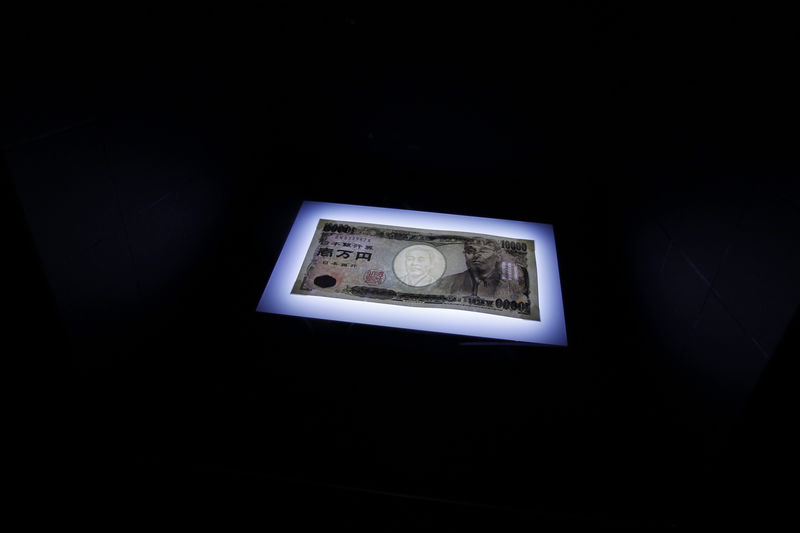* Dollar and Euro sink roughly 2 pct vs yen
* BOJ holds monetary policy steady, deflates easing hopes
* Kiwi jumps after RBNZ skips chance to cut rates (Updates throughout)
By Ian Chua and Shinichi Saoshiro
TOKYO/SYDNEY, April 28 (Reuters) - The yen jumped against the dollar and euro on Thursday after the Bank of Japan held monetary policy steady, quashing speculation that it would ramp up its already extensive easing programme.
The BOJ stood pat even as global headwinds, a strong yen and soft consumption threatened to derail a fragile economic recovery. dollar was down nearly 2 percent at 109.33 yen JPY= . The greenback had neared 112 yen at the start of the week after a media report saying the BOJ was considering applying negative rates to its lending facilities for banks.
The euro retreated 1.9 percent to 123.85 yen EURJPY=R
"It was inevitable that the yen regained all the losses made on easing expectations. Sure, the market was disappointed, but that does not mean the yen will keep gaining," said Koji Fukaya, president of FPG Securities in Tokyo.
"The preconditions that could have prompted the BOJ to try and arrest the yen's appreciation have shifted," he said. "In January and February, we had China worries and sliding oil boosting the yen, but the situation has changed."
Concerns over China's economy have eased somewhat while crude oil prices have rebounded sharply from 13-year lows, in theory lessening demand for the safe-haven yen.
After a two-day policy meeting that ended Wednesday, the Federal Reserve said global economic headwinds remained on its radar. But unlike last month, it stopped short of mentioning the risks these posed. little hope of a move in June, the Fed said U.S. "economic conditions will evolve in a manner that will warrant only gradual increases in the federal funds rate."
It went on to say the fed funds rate "is likely to remain, for some time, below levels that are expected to prevail in the longer run."
Elias Haddad, Commonwealth Bank of Australia currency strategist, said the Fed statement was less cautious than in March, but the FOMC appeared in no hurry to lift interest rates again soon.
Weighed down by the yen's surge against the greenback, the dollar index .DXY slid to a one-week low of 94.020.
The euro climbed as far as $1.1363 EUR= overnight after the Fed stuck to its script of a gradual hike in rates, but later stepped back to $1.1329.
Elsewhere, New Zealand's central bank skipped a chance to cut its interest rates on Thursday, triggering a short squeeze that saw the kiwi dollar gain a full U.S. cent.
The kiwi soared towards $0.6950 NZD=D4 , from around $0.6850, after the RBNZ kept the cash rate steady at 2.25 percent. It was on track for a 1 percent rise this week. RBNZ retained an easing bias and tried to talk down the currency, but to no avail. Australian dollar, in contrast, wobbled against the greenback after posting its biggest one-day slide in eight months on Wednesday after weak domestic inflation data revived prospects of an interest rate cut there. The Aussie was last at $0.7601 AUD=D4 , well below the recent high of $0.7836.
